“North Koreans simply want to be fed”
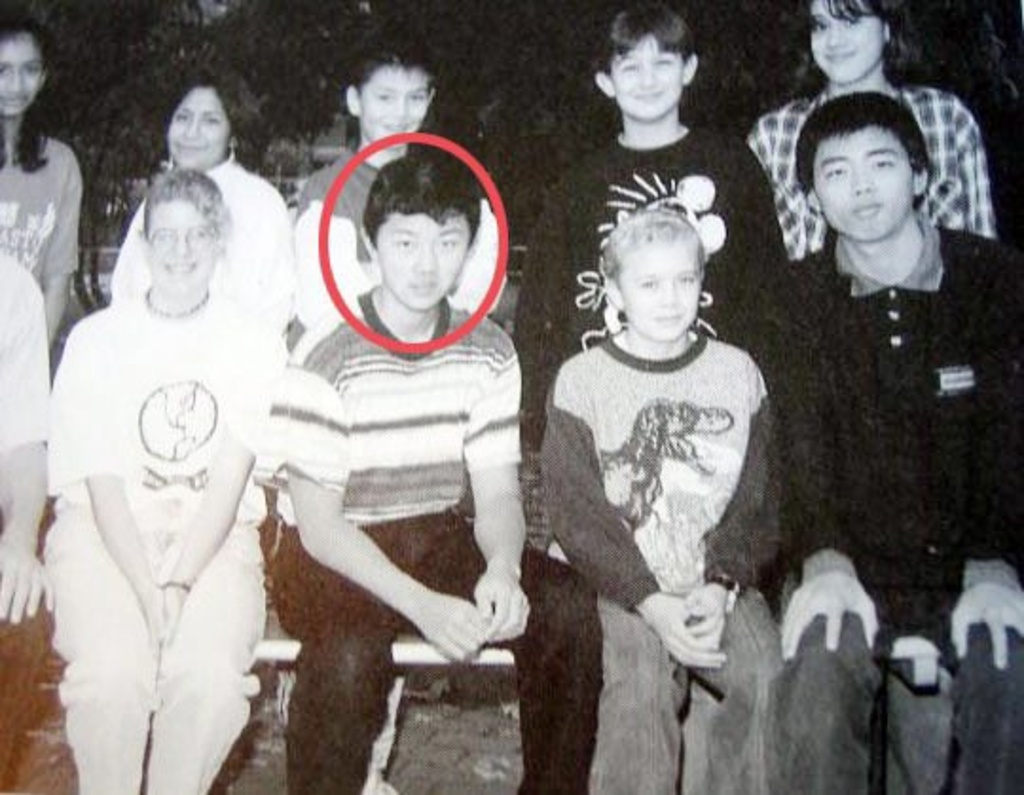
Following the death of North Korean leader Kim Jong-il, a somewhat pessimistic security expert tells swissinfo.ch why all eyes are on the totalitarian dictatorship.
Albert Stahel, a professor of strategic studies at Zurich University’s Institute for Political Science, says a lot could depend on whether Kim’s reportedly Swiss-educated son, Kim Jong-un, believed to be in his late 20s, is accepted by the country’s generals.
Governments around the world are viewing Kim Jong-il’s death, after a 17-year rule, with wary optimism: a possibly destabilising moment for the region as power passes to his son, but also an opportunity for a new diplomatic start.
North Korea’s past behaviour has been notoriously erratic, making it difficult to predict the course it will choose. South Korea, anxious about the untested Kim Jong-un, put its military on high alert against the North’s 1.2 million-strong armed forces.
swissinfo.ch: Many people’s first reaction was this was good news – one less dictator in the world – but then they realised Kim Jong-un might feel the need to prove himself and threaten the stability. What do you think?
Albert Stahel: You’re replacing one dictator with another one – look at Egypt with Mubarak’s family, or the Gaddafis [in Libya] or the Assads in Syria. There’s no stability afterwards. It’s possible that the situation could move in a bad direction.
swissinfo.ch: How does this compare with the changes in the Arab world?
A.S.: It’s not the same thing. You had something like a revolution in Tunisia, something like a struggle in Libya – with the help mainly of the French and the British – and in Egypt there are still generals and the Islamic Brotherhood which wants power. In Syria you have influence by different countries like Iran, Turkey and Saudi Arabia.
swissinfo.ch: You don’t think the North Koreans will see this as their chance and push for freedom?
A.S.: They want to be fed. That’s their top priority. It’s as simple as that.
swissinfo.ch: If North Korea does open up, are there bureaucrats who could help keep the country running?
A.S.: It really depends how the succession proceeds. If there are questions within the army – because the son has no military career – then a struggle between the generals is a possibility.
swissinfo.ch: China is a key ally of North Korea and Beijing has said it would continue to offer its support and make “active contributions to peace and stability” in the region. Is China worried about rapid change?
A.S.: The Chinese are prepared for the deterioration of the situation in North Korea: the Chinese army would move into the north of North Korea because there are a lot of refugees who would move into China. And 30 per cent of the Chinese province on the North Korean border are in fact Koreans.
So the Chinese would take control of probably half of North Korea and also the nuclear weapons – because that’s a very dangerous situation. China would also want to act before the Russians, who are also interested in the situation in North Korea.
swissinfo.ch: Regarding nuclear weapons, Kim’s death comes at a tricky time for Barack Obama, who is weighing up whether to re-engage with Pyongyang on the issue. Should he?
A.S.: Well, that’s in the longer term. If there is a stabilisation of North Korea, then of course there could again be discussions about the nuclear weapons. But at the moment the [immediate] situation in North Korea is more important.
If the situation deteriorates and the Chinese move in, then it’s also a question of South Korea and of course the United States, because there would be refugees to South Korea. So that would also be a question: how would South Korea act and would the United States agree if the South Korean army moved into North Korea?
swissinfo.ch: How will relations between North and South Korea change?
A.S.: For the moment they will not [change] very much. You see, there is a very closed system – really a nomenklatura [the Soviet system under which key positions were filled by Party appointees] – whose only objective is to survive, to have their rights and all the nice things they have, money etc. That will not change.
swissinfo.ch: In 2008, Switzerland decided to discontinue development aid at the end of 2011. Should that decision now be re-examined?
A.S.: In my opinion the Swiss government for the moment should put on hold every programme with North Korea and wait and see how the situation develops.
swissinfo.ch: Are you optimistic for the future of North Korea?
A.S.: I have more the tendency to be pessimistic. This young boy now has to move [into power] with the protection of the generals. It could be OK, but there could be a lot of problems.
Switzerland, along with Sweden, is a member of the supervisory commission which ensures compliance with the armistice between the two Koreas.
In the wake of the famine of the 1990s, Switzerland was one of the first to offer humanitarian aid.
And almost alone among donors, it subsequently turned its humanitarian commitment into a long-term development programme. The programme is run by the Swiss Agency for Development and Cooperation.
Much of the programme is specifically geared to improving agricultural output, but it is also aimed at integrating North Korea into the international community.
Swiss development aid has been strongly criticised in parliament, and is to end after 2011.
Kim Jong-il’s third son, Kim Jong-un, who will succeed his father, is thought to have spent some of his teenage years at school near Bern.

In compliance with the JTI standards
More: SWI swissinfo.ch certified by the Journalism Trust Initiative

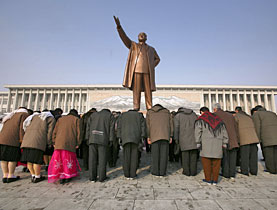
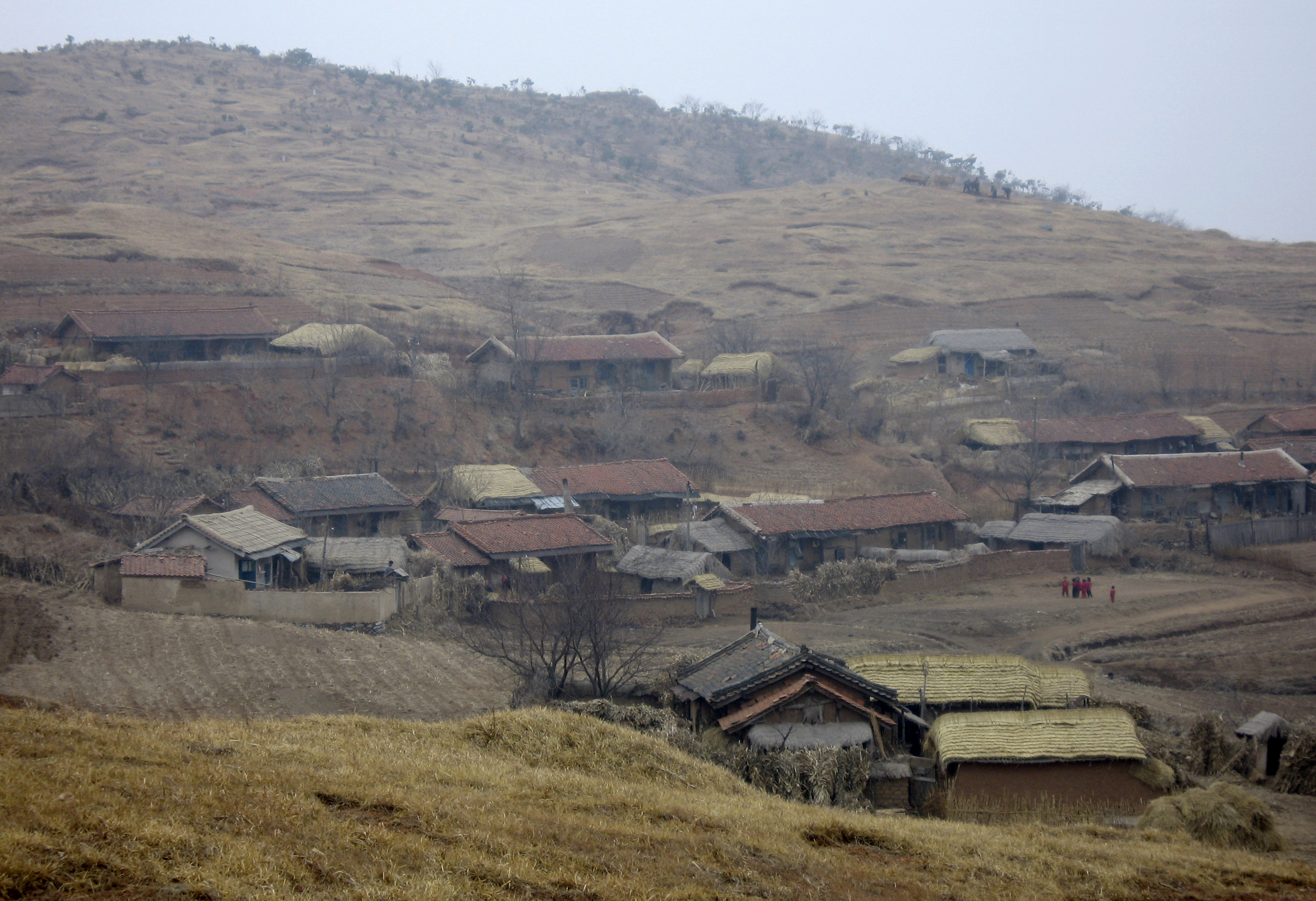
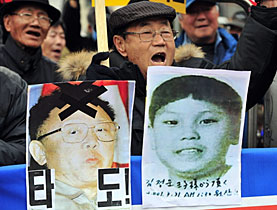
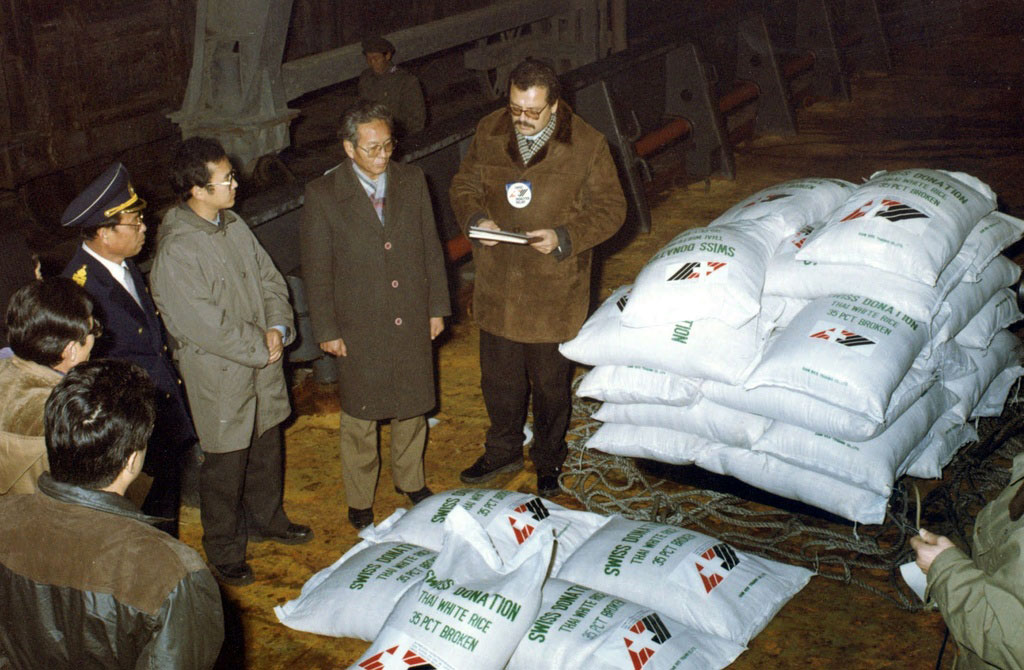

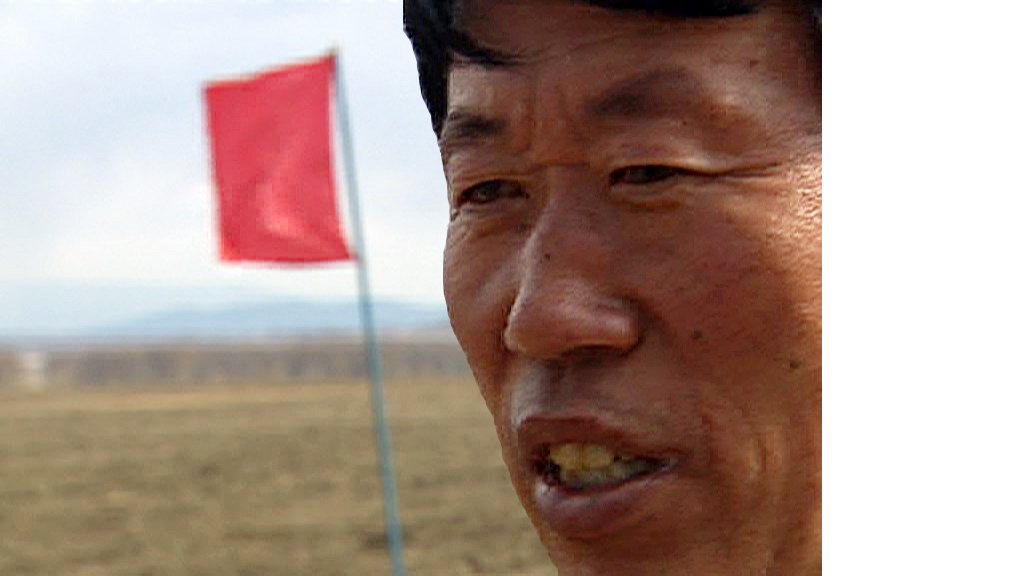
You can find an overview of ongoing debates with our journalists here. Please join us!
If you want to start a conversation about a topic raised in this article or want to report factual errors, email us at english@swissinfo.ch.